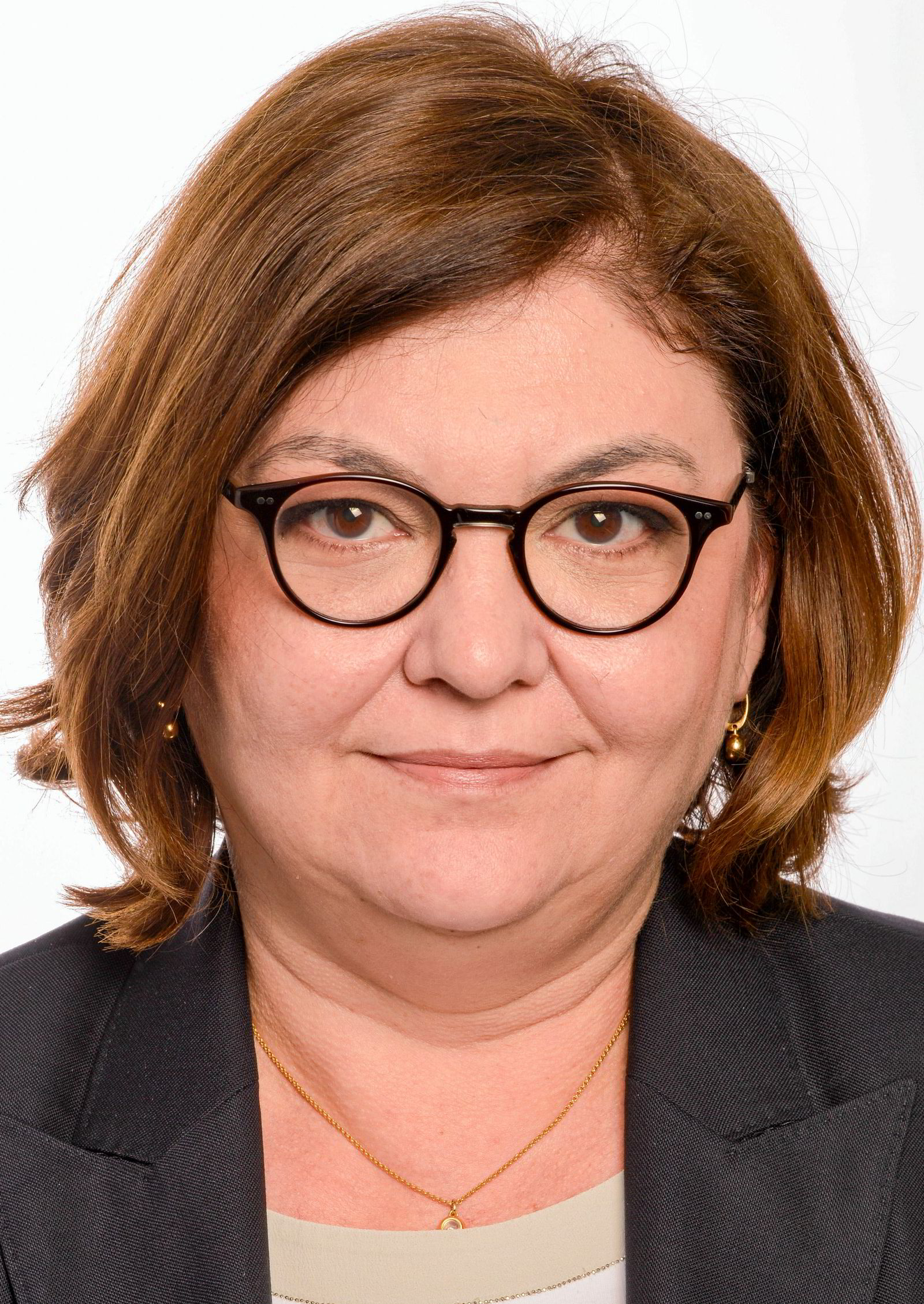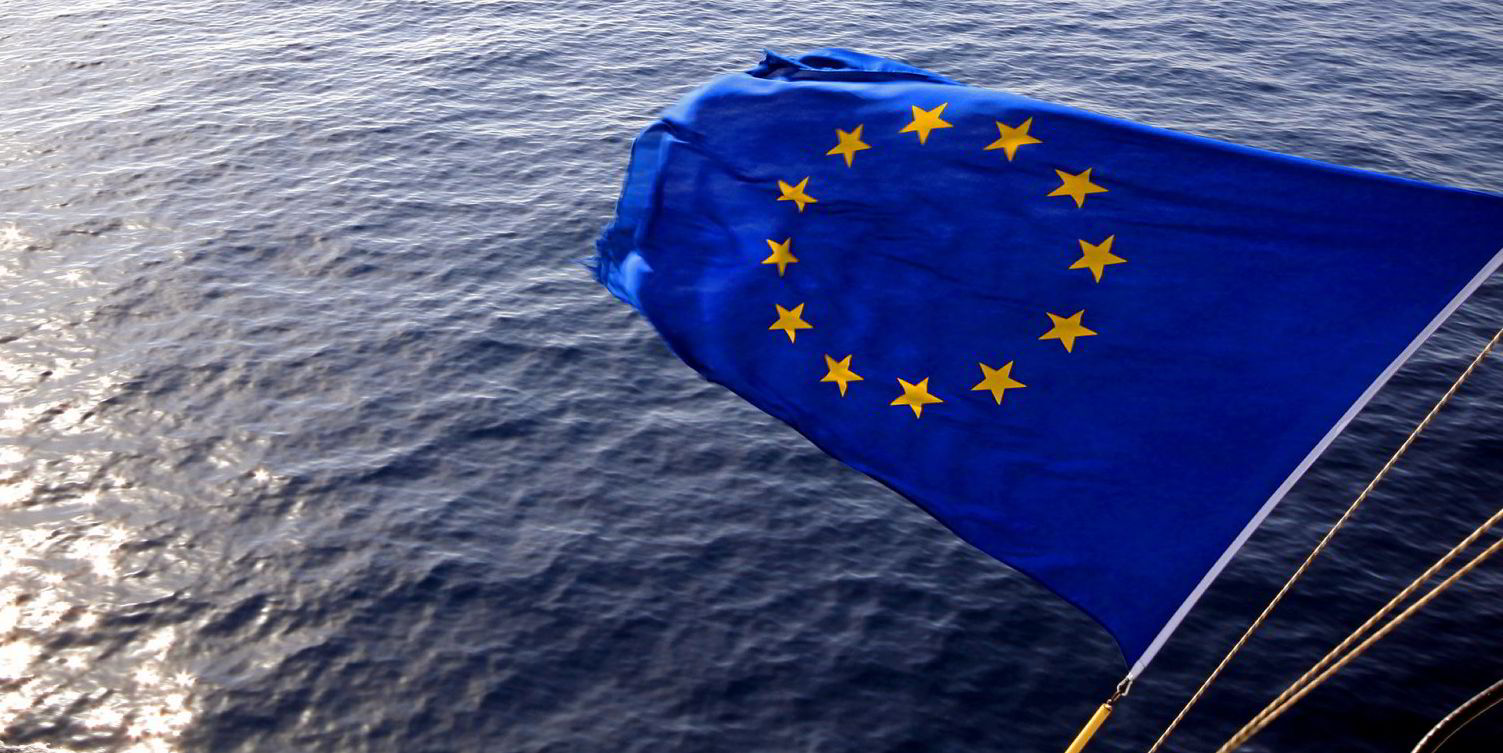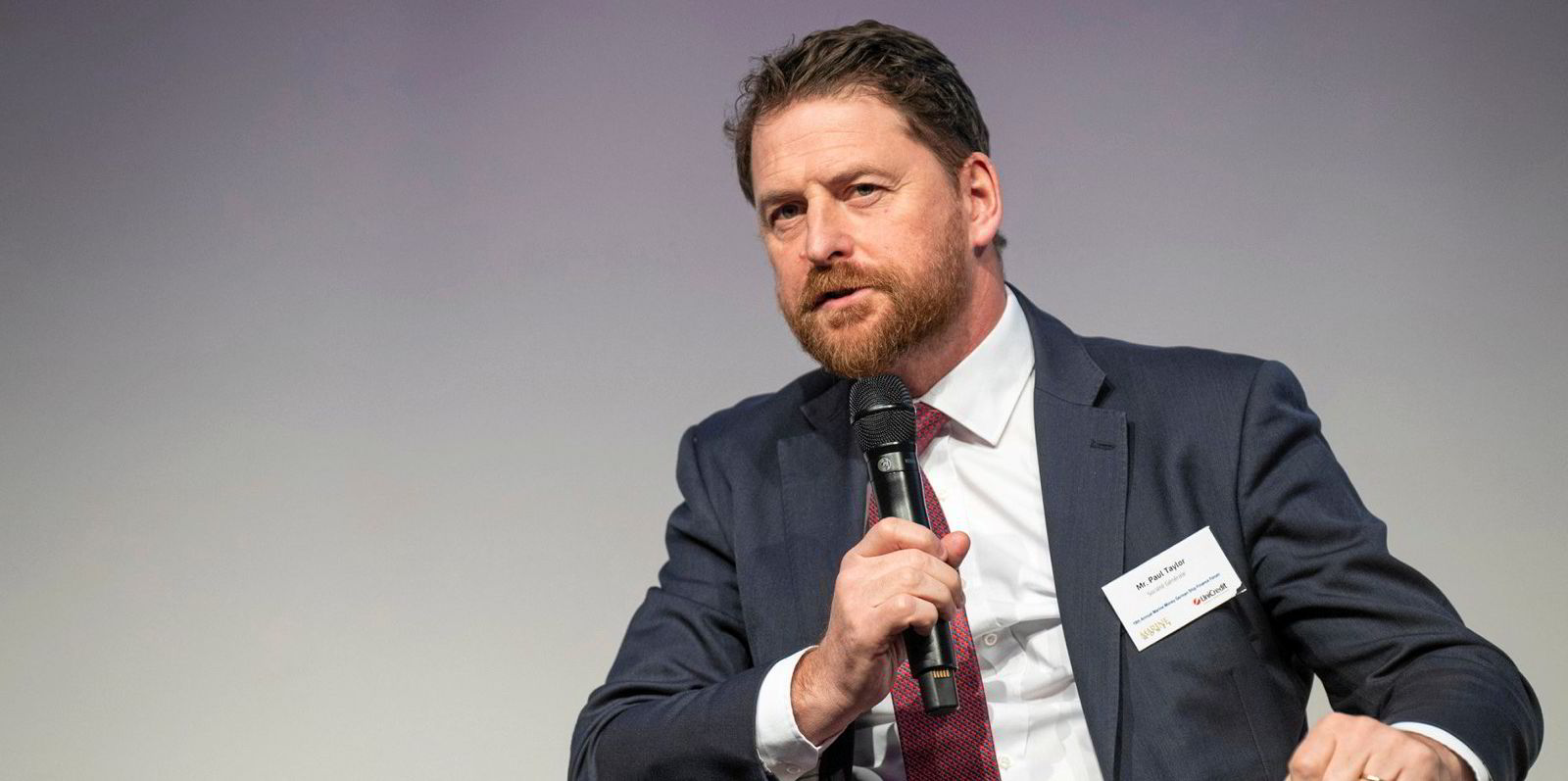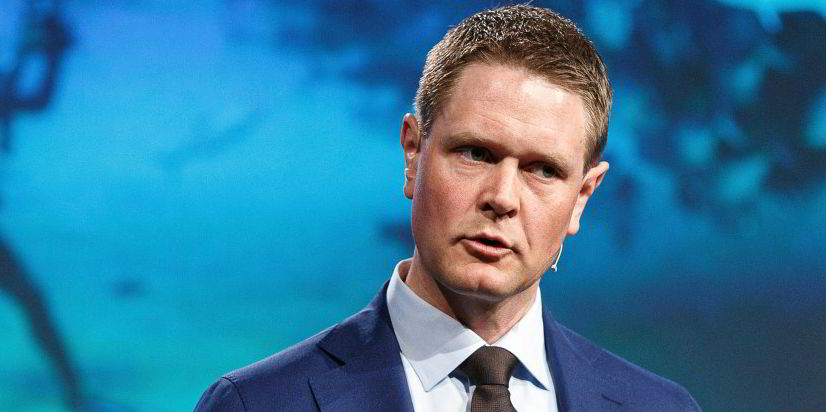The European Union will reveal the full details of how shipping will be included in its emissions trading system (ETS) a month from now in mid-July.
The date emerged amid attempts by the political bloc to clarify a complex web of financial schemes to support decarbonisation.
Financing and funding programmes will need to play a key role, said Rachel Smit, a cabinet member for Adina Valean, the European Commission's maritime transport commissioner.
As she outlined the upcoming unveiling of the ETS provisions, Smit said that officials have heard calls for ETS revenue from shipping should be earmarked for maritime projects.
“We are discussing them intensely within the different commission services and we will come up with a complete package on 14 July that we hope will be able to provide clearer long-term certainty,” Smit said.
“The revision of the ETS will result in a stronger innovation fund that can be used to further incentivise innovation and research into renewable fuels.”
Policies are supposed to compliment each other with the ETS carbon price aimed at encouraging greater operational efficiency, Smit said, and the FuelEU Maritime Initiative setting a longer-term pathway for the greenhouse gas intensity of energy used on ships.

The EC is considering those policies alongside the development of numerous other schemes and directives that will affect shipping to greater or lesser extents.
They include the Green Deal, Covid-19 resilience fund RRF, InvestEU, Horizon Europe and the Connecting Europe facility, as well as the revision of the EU’s directives for renewable energy, alternative fuels and energy taxation.
But despite Smit’s pledges to clarify the taxation and financial support packages, ship operators, particularly smaller ones, complained in a discussion hosted by the European Community Shipowners' Associations that the EU’s structures are far too complicated.
Catrien Scheers, chief executive of Belgian shortsea operator FastLines, said it is far too difficult to find the right schemes to invest in greener vessels and to get through the red tape.
“Everything is getting more complex,” said Scheers. “I hope there will be funding for transitional ships because I want to build the ship of the future, but at this moment it is not possible.
“We will need funding. But up to now I have never made any use of funding because for me it is much too complicated. I don’t know where to start, I don’t know how to find it. We need someone to guide us through this web of instruments because it is so complicated,” she added.
Smit said officials want to tackle production and supply of low-carbon fuels.
“We want to make sure that they are affordable,” he said.
But in April, the EU also published the first part of its sustainable finance Taxonomy legislation, which is a list of economic activities and climate-related criteria that must be met to be labelled as green investments.
The proposed rules entangle banks and financiers in the green funding world as, from June 2022, they will have to disclose which investments comply with the Taxonomy agenda. It covers 13 sectors including renewable energy and transport.
Taxonomy rules were initially delayed in late 2020 after 10 EU states threatened to veto it over a proposal, now dropped, that natural gas could be denied transition fuel status. Reuters has reported seven states may still oppose it.
Eleni Choidas, policy adviser on sustainable finance at the European Banking Federation (EBF), said the Taxonomy proposal is “a very significant development".
“Banks will need to look at how they can provide comparable disclosures on climate change-related and physical risks, and identify their own exposure to sectors and geographies that are exposed to those risks which may include the shipping industry,” she said.
Choidas said the EBF recognised the need to support adequate financing of the transition to decarbonisation, but that the ability of clients to provide data that banks need was imperative.
“We consider that there remain significant methodological difficulties in progressing with many elements of the implementation of this framework,” Choidas added.
The EU wants its green investment financial instruments to be taken up, said Szymon Oscislowski, EC policy advisor for DG MOVE. He said the department is looking to streamline the funding and financing framework for shipping companies, but the project is still a work in progress.
It is also setting up an advisory hub for InvestEU for smaller companies wanting information, he added.






